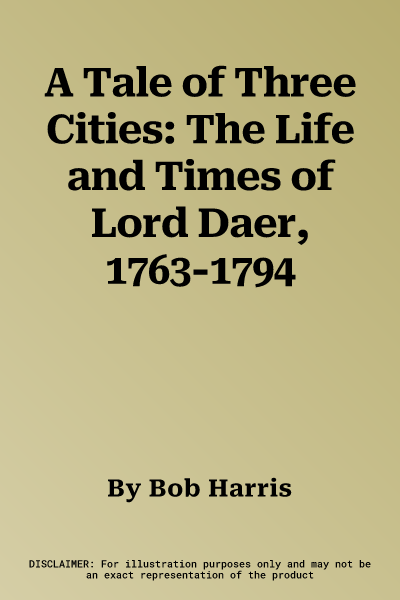Basil William Douglas, Lord Daer, was a remarkable man who left an
indelible impression on those who knew him, including the poet Robert
Burns and French intellectual and revolutionary the Marquis de
Condorcet. Daer was a restless, energetic spirit in an era of youthful
revolution. His political radicalism developed from connections made
through his progressive education, his immersion in Scottish
Enlightenment ideas at the University of Edinburgh under the tutelage of
Dugald Stewart, and his experiences in three great cities: Edinburgh,
London and Paris. This is a story about the rise of a new kind of
British politics in the late 1700s, when it was mixed with a profound
cosmopolitan spirit that threatened briefly and gloriously to sink
national difference in the cause of universal liberty and humanity. For
Daer, this moment held the tantalising possibility of creating a new
union between Scotland and England, a union of the people rather than
the narrow, unequal union of states created in 1707. Who was the man
behind this early unionist radical vision? This book uses the life of
Lord Daer to paint a fresh picture of Scottish and British political
culture at the end of the eighteenth century, one which places the Union
and its shifting meanings at its heart. As the Scots and the English
re-think the nature of union in a very different world to that of the
1790s, Daer's political vision is one that retains its power and
relevance.

